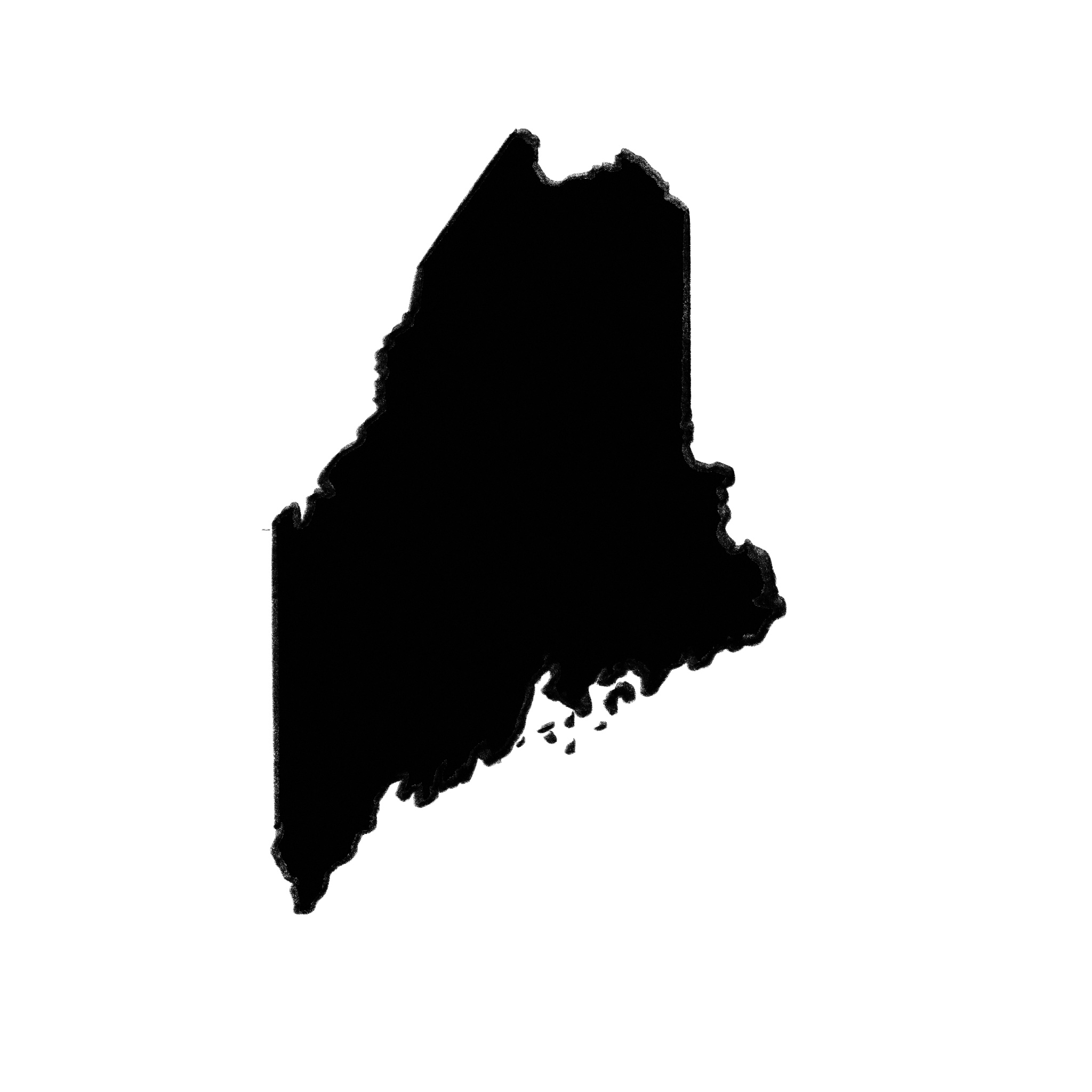Government is actually interesting
May 2, 2025
 This
piece represents the opinion of the author
.
This
piece represents the opinion of the author
.
 Henry Abbott
Henry AbbottWhen I first came to Bowdoin, I tried to talk politics with everyone I met. This might not have been the best strategy for making friends, but hey, it’s what I love. The responses I received were disheartening. Not just because people thought I was annoying (I’m used to that when I talk politics), but because many people had no interest in the political process. This apathy extended into a general loathing of all institutions. I was told (this is paraphrased) that people who work in institutions are either good-intentioned and naive, or evil capitalists—with capitalist being used as a synonym for both evil and naive.
Over the last year, political engagement on campus has increased. I’ve experienced more people approaching me, having been identified as a campus-renowned political nerd, to ask how they can better advocate for change through government. While many of my friends still criticize our political institutions (and honestly, I don’t blame them), they have also become more invested in working to transform our current government into one that upholds American values of equity and free speech.
This shift, combined with my own interest in how political systems function, sparked the podcast Pine State Politics: In Session. I wanted to investigate the merit of the arguments posed by my classmates. I was worn out by current events and partisan divides and I wanted to learn more about politics in a forum with less anger. This podcast was created with fellow Bowdoin student Larsen Van Horn ’27, whom I connected with while conducting political outreach last semester. Together, we explore the mechanics behind elections in Maine and the people who make politics happen. It’s a nonpartisan and educational deep dive into how campaigns function, and it’s worth listening to.
A questioning of institutions was present from the very beginning of this idea. Growing up in Maine, national politics wasn’t a common topic of conversation around the dinner table. However, after experiencing the 2016 election at 11 and the COVID-19 pandemic at 14, national events became hard to ignore. My interest in civics solidified during my junior year of high school after serving as a student representative on my local school board. I remember participating in the budget process for the first time. I felt embarrassed by my lack of knowledge and scared to ask questions. I wanted to understand the conversation I was being asked to contribute to, but I didn’t know where to start.
Recently, I have encountered a similar frustration from fellow community members while collecting signatures for Senator Angus King’s reelection campaign. Many people’s first response to being asked to sign the petition was, “Isn’t he on the ballot already?” to which I replied that he was not. In fact, every candidate, regardless of incumbency, has to collect a certain number of signatures to register for the election in November, and that number varies depending on their party.
Curiosity also motivated Larsen. He writes:
“Growing up, I followed political issues closely—especially in my home state of Oklahoma. I had a good foundation of the facts behind debate topics, and I even participated in some debate events in middle school. What I didn’t understand clearly were elections and the people who represented me. Knowing this would have allowed me to have a more well-rounded understanding of my government and knowledge that politics is a lot more than just buzz word topics.
“Part of the reason I wanted to go to college in Maine was because of its political climate. Though Maine’s politicians come from a wide variety of backgrounds, perspectives and even political parties, they all have one thing in common: they get things done for the people of Maine by compromising when necessary. It tells me that the people of Maine elect their representatives based on virtue and character rather than party loyalty and attention-seeking. I believe we could all learn a thing or two from the way Maine approaches politics.
“Last fall, I was given the opportunity to help Senator King’s reelection campaign in Brunswick. I rather enjoyed balancing canvassing and phone banking as a break from my schoolwork, but I realized both the people I called and myself included didn’t know everything about Senator King. Nor did they know how exactly his campaign operated.”
Through a series of interviews with local and national public servants from Maine, Larsen and I ask questions about the electoral process and aim to address the frustration people may feel when approaching elections. We hope listeners will not just absorb facts but also question and engage with the political institutions we explore.
Our institutions deserve just as much curiosity as they do judgement—hopefully, this podcast will provide listeners with a forum to leave judgement at the door. Our overall goal is to make civics more accessible. We can’t wait to share these conversations with you all—welcome aboard.
Stay tuned for the podcast release on May 7.
Natalie Emmerson is a member of the Class of 2027.

Comments
Before submitting a comment, please review our comment policy. Some key points from the policy: